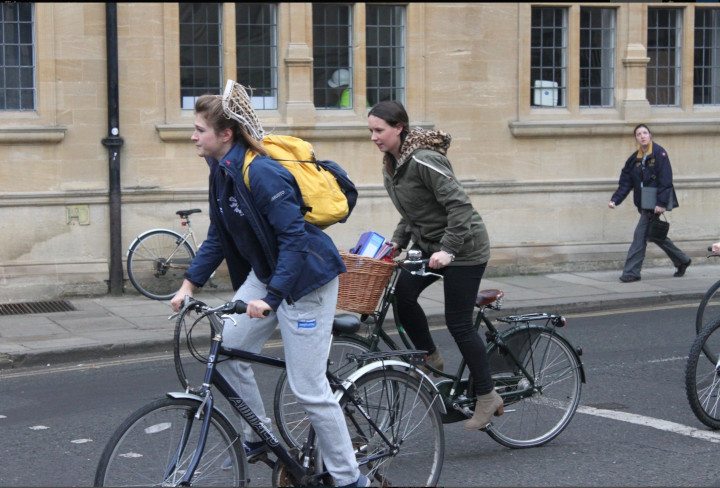£200 million announced to improve walking and cycling routes and boost local economies
Posted on in Business News , Cycles News
Schools, high streets and main roads will benefit from improved crossings and junctions to support walking and cycling, reduce emissions and boost local economies, thanks to a £200 million fund announced this week by the Department for Transport.

Active Travel England is inviting local authorities in England to apply for funding to make improvements to enable people to choose active travel, which can help them save money and stay healthy. Schemes could include creating more paths in rural areas, developing safer routes for children to walk to school, and improved safety at junctions for people walking and cycling. Funding will also be used to support people in wheelchairs and mobility scooters by making street designs more inclusive.
Projects will be designed in consultation with residents and businesses to ensure schemes are safe and work for local communities, and the successful projects will be announced later this year. Guidance has been created to help local authorities develop active travel schemes that are well-designed and completed to a high standard.
Walking and cycling charity Sustrans has estimated that active travel generated £36.5 billion for the economy in 2021 through increased spending on high streets, reduced pressure on the NHS and better access to jobs. This investment could also generate up to 16 million additional walking and cycling trips a year.
Transport Secretary Mark Harper said:
“This £200 million investment for hundreds of upgraded routes and paths across the country will help to reduce emissions, boost local economies, and create jobs.
“These new schemes will make it safer for children to walk to school and will better connect rural communities, helping more people choose active travel as an affordable and healthy way to get around.”
Previous funding rounds saw a new cycle lane built in Coventry which generated 10,000 trips in its first month and a new walking and cycling route in Manchester where people travelling on foot and by bike are separated from motor vehicles.
Active Travel Commissioner Chris Boardman said:
“Active travel is convenient, cheap, low carbon and health-giving. It’s a choice we need to make sure everyone has. Sometimes it only takes relatively small changes, such as crossings on school routes or convenient places to park a bike, to give us the option to walk, wheel or ride.
“Our job is to help local authorities across the country ensure that everyone has more attractive options for their daily trips, and we are excited to help them deliver those options.”
The funding could see more young people choosing a healthier and greener way to travel from home to the classroom. With less than half of children aged 5 to 16 walking or cycling to school, this investment aims to boost uptake. The government’s objective is to enable 55% of all primary school children to walk to school by 2025.
